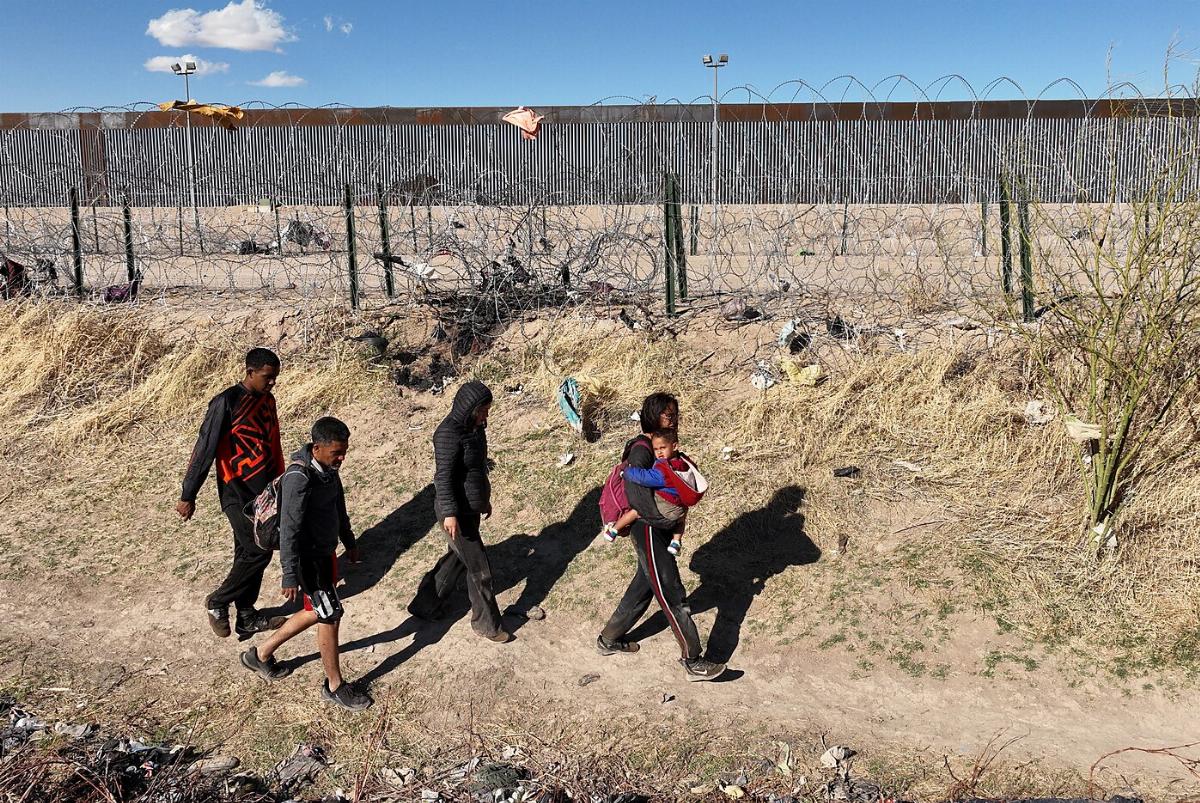
Illegal immigration
Illegal immigration refers to the act of individuals entering or residing in a country without legal authorization, typically by crossing borders without permission or overstaying visas. This phenomenon occurs globally and affects countries with varied immigration policies. In the United States, illegal immigration has been a major issue for decades, with individuals entering the country primarily from Latin America, though others come from regions such as Asia, Europe, and Africa. Many illegal immigrants seek better economic opportunities, while others flee political unrest, violence, or persecution in their home countries.
U.S. immigration law dictates that individuals must have proper documentation, such as a visa or residency permit, to live and work in the country legally. The primary means of illegal immigration include border crossings, where individuals enter without inspection, and visa overstays, where people enter legally but remain after their authorization has expired. The U.S. Customs and Border Protection (CBP) is responsible for securing the country’s borders, while Immigration and Customs Enforcement (ICE) oversees the enforcement of immigration laws within the United States.
The United States has implemented various measures to manage and reduce illegal immigration. These include physical barriers, such as border fences, increased patrols by border security agents, and the use of technology like surveillance drones. Legal measures, such as the Immigration Reform and Control Act of 1986, made it illegal for employers to knowingly hire undocumented workers and sought to address both legal and illegal immigration.
Illegal immigration impacts sectors like labor, healthcare, and education, often leading to policy discussions around social services, law enforcement, and border security. The Deferred Action for Childhood Arrivals (DACA) program, implemented in 2012, provided temporary protection from deportation to certain undocumented immigrants who were brought to the United States as children. Other legal efforts, such as the Secure Fence Act of 2006 and various state-level immigration laws, aim to address border security and the status of undocumented individuals in the country.
Internationally, illegal immigration is also a concern for many other countries, with the European Union experiencing significant challenges due to migration across the Mediterranean Sea and from Eastern Europe. Nations develop policies based on economic needs, humanitarian concerns, and security issues to manage illegal immigration.
Stichworte







